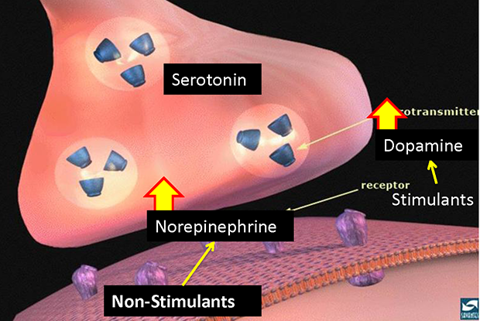

People with narcolepsy have brains without adequate levels of certain neurotransmitters responsible for stabilizing wakefulness drugs like Adderall stimulate the brain enough that the patients can get through the day without falling asleep. People taking the drug without a doctor’s supervision, of course, haven’t had the risk versus benefit discussion with their physician, and they haven’t been evaluated for pre-existing conditions like high blood pressure or glaucoma that could make the drug even more dangerous. “We have to ask ourselves, ‘Are the benefits we’re getting from the medication worth the risk of side effects?’” In the case of Adderall, the risks can be extreme: they include stroke and sudden death.

“This is a serious drug that has serious consequences,” said Eric Grayson, PharmD, a clinical assistant professor at the Texas A&M Health Science Center Irma Lerma Rangel College of Pharmacy. However, it is far from a benign drug, and its influences on the brain and the rest of the body can be profound.

Adderall is a useful therapeutic for people with attention-deficit/hyperactivity disorder (ADHD) or narcolepsy, but it is also used illegally, without a prescription as a “study drug” by students-and, increasingly, young professionals-looking for an edge that will help them stay awake longer and get more done.


 0 kommentar(er)
0 kommentar(er)
